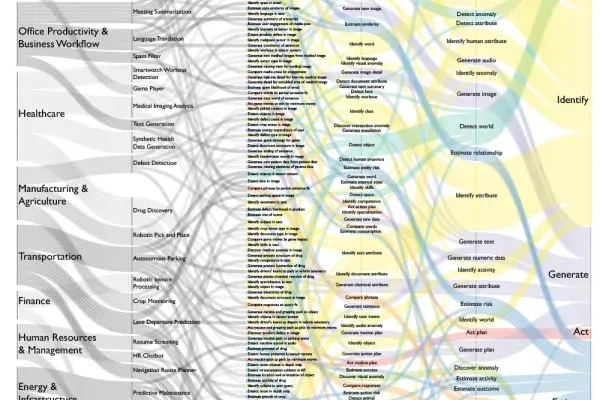
CMU at CHI 2024
Researchers from the Human-Computer Interaction Institute (HCII) and several other Carnegie Mellon University schools and disciplines cont...

Myers Publishes Book on Interaction Techniques
A new book from Brad A. Myers, the director of the Human-Computer Interaction Institute at Carnegie Mellon University, explores the histor...

SCS Researchers Receive More Than $1.5M in NSF CAREER Awards
Two Carnegie Mellon University professors in the School of Computer Science received Faculty Early Career Development Program (CAREER) awa...

Fluid Reality Haptic Gloves Bring Ultra-Sensitive Touch to VR
Researchers in Carnegie Mellon University's School of Computer Science have developed a lightweight, low-cost haptic glove that delivers d...

Thermal Camera Senses Breathing To Improve Exercise Calorie Estimates
Any fitness buff will tell you that the estimates of calories burned made by smartphones, smartwatches and other wearable devices vary wil...
![Vivian facilitating a demo at UIST 2023. [This image is from the official ACM UIST photo album]](/sites/default/files/styles/person_profile_image_600x400/public/2024-04/UIST-demo.jpg.webp?h=56d0ca2e&itok=LQUjuJMT)
HCII at UIST 2023
The 2023 ACM Symposium on User Interface Software and Technology (UIST) was held in San Francisco, California from October 29 to November ...

Forlizzi, Ogan and Ahuja Receive 2024 SIGCHI Awards
Three members of the Human-Computer Interaction Institute (HCII) have received 2024 SIGCHI Awards, including Jodi Forlizzi for Lifetime Re...

Shirado visits CMU Portugal
Hirokazu Shirado, Assistant Professor at Carnegie Mellon’s Human-Computer Interaction Institute (HCII), recently conducted a visiting rese...

Carnegie Mellon University and Play Included® Bring LEGO® Brick Based Interventions to US
Brick by brick, Carnegie Mellon University is building a new way to transform children's social and emotional learning in schools and comm...


